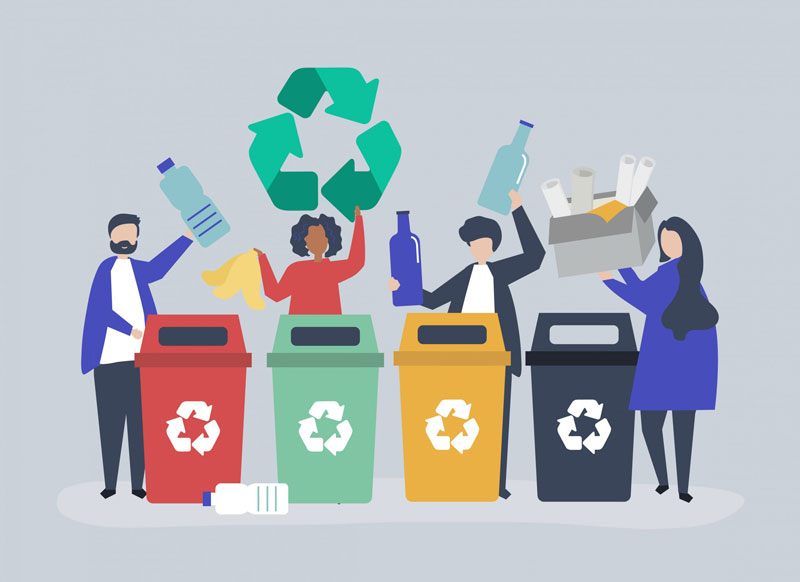- Scientific studies and planning: It means understanding the type of waste, the costs involved, and the best locations for disposal facilities.
- India needs to invest in innovative technologies and develop a better recycling infrastructure.
- Improve waste collection: India has more frequent services, use machines to collect waste, and coordinates the timing of collection with waste generation.
- Combining informal and formal waste collection sectors: This will help with segregation and collection. Other ways to improve include decentralized waste management, where local communities take care of waste treatment, and promoting recycling by implementing supportive policies and regulations.
- Treating organic waste through composting and bio-methanation can reduce the amount going to landfills.
- Converting existing dumps into sanitary landfills: but this requires proper funding and expertise.
- Integrating technology like RFID-enabled monitoring and GPS tracking can also help in efficient waste management.
- Waste-to-energy methods like bio-methanation can convert organic waste into fuel, which is beneficial.
- The concept of common waste treatment facilities is being promoted, involving public-private partnerships. The country needs to ensure proper treatment facilities for biomedical and hazardous waste
- Strictly implementing waste management rules, especially the “Polluter Pays Principle,” is crucial to penalize those who don’t comply.
- Public awareness: India needs to educate people through community organizations and self-help groups about separating waste, recycling, and composting to make the process more effective and sustainable.
Credits: https://www.nextias.com/blog/waste-management-in-india/

